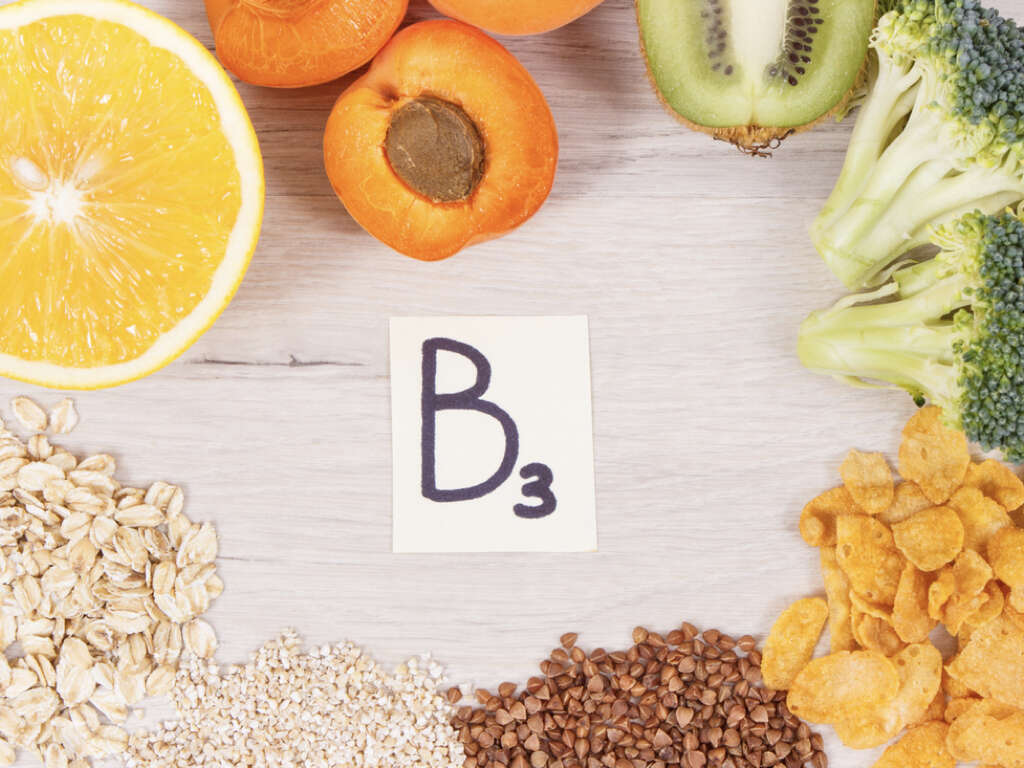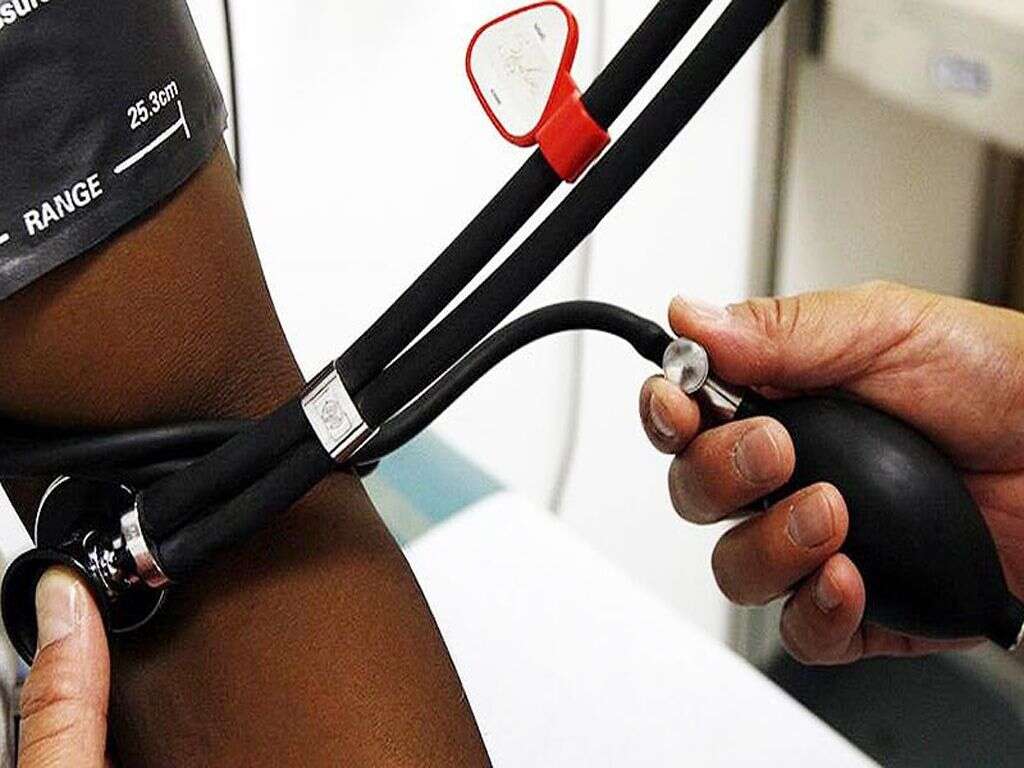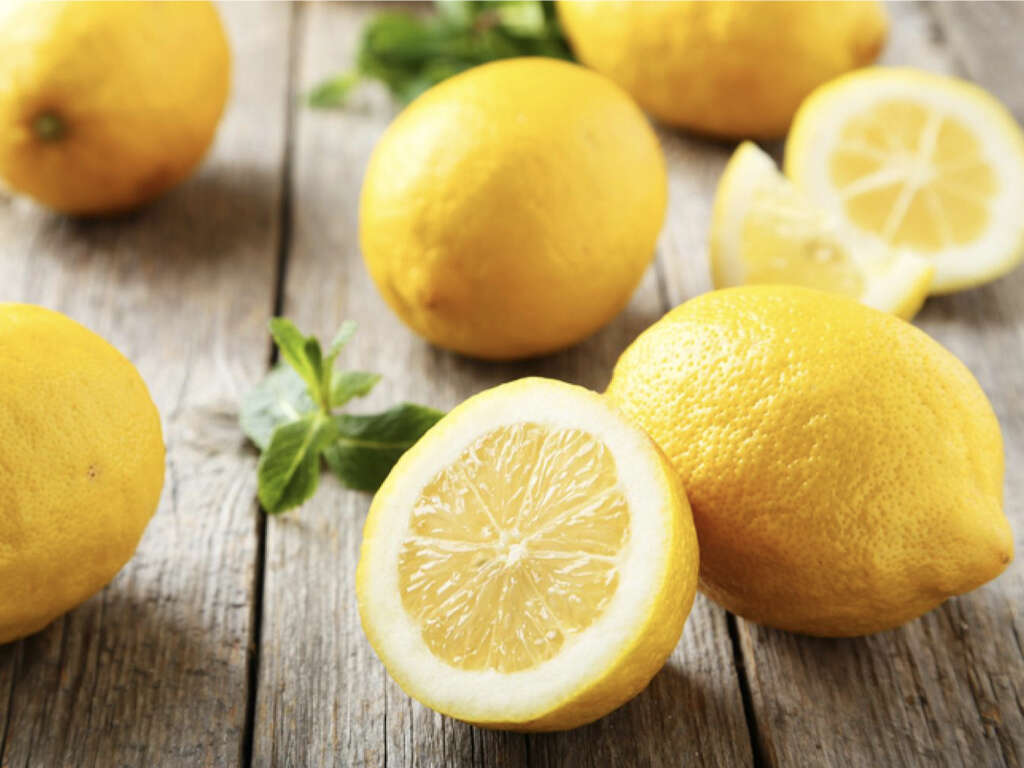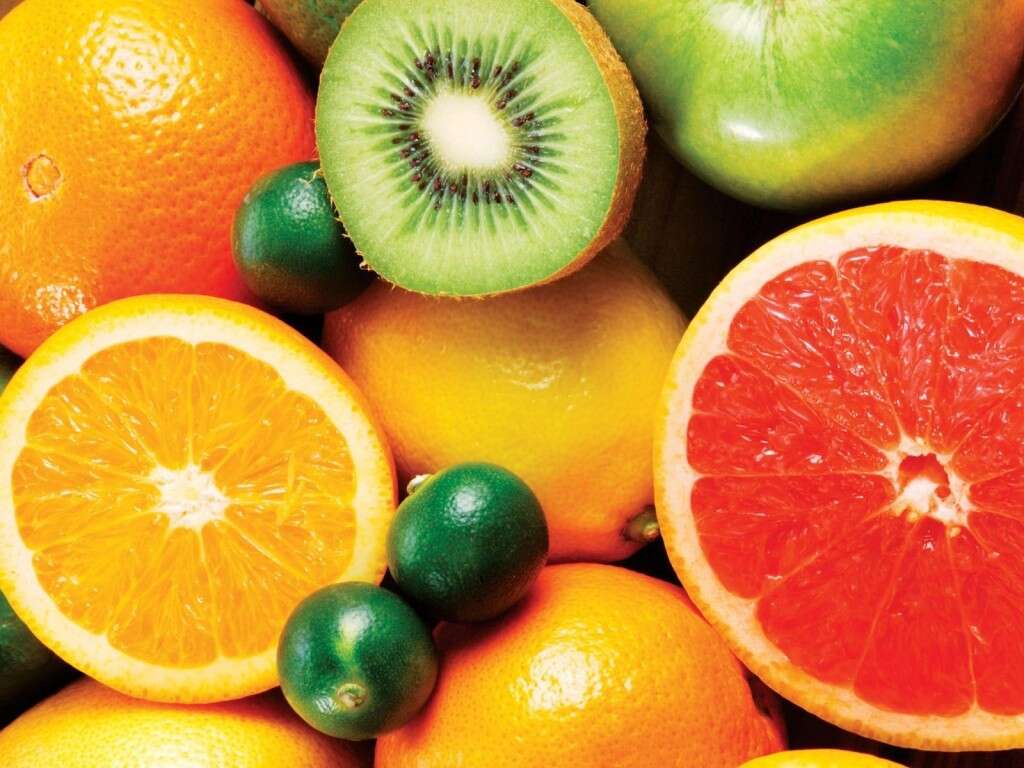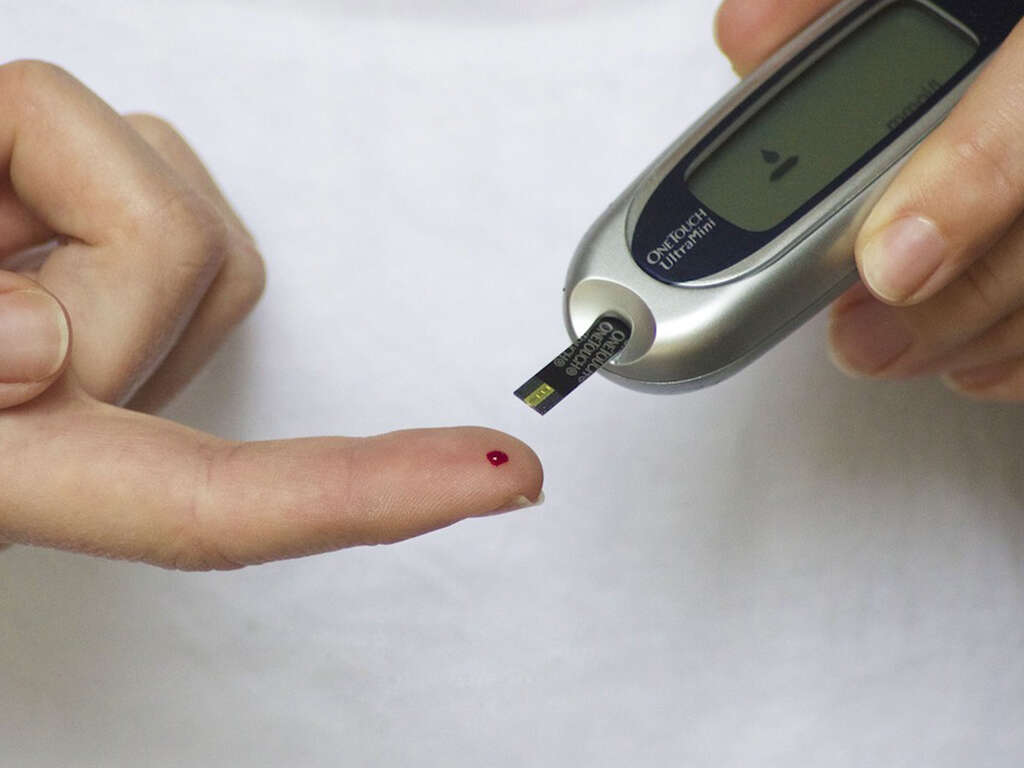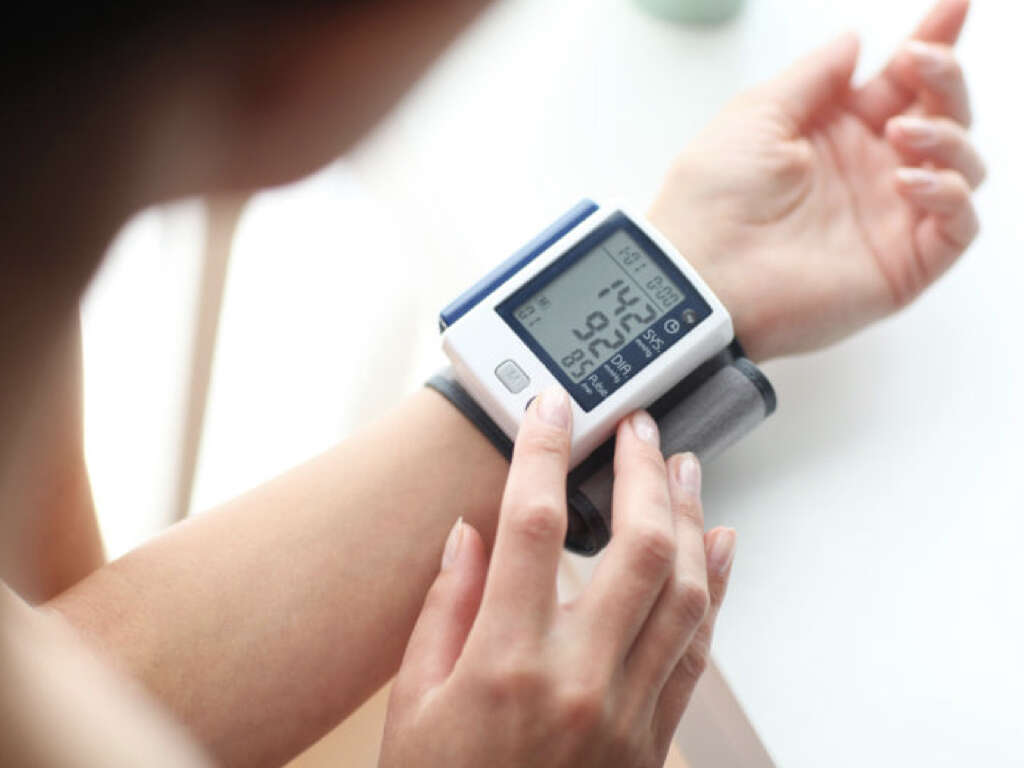10 Foods High in Cholesterol
Cholesterol is a type of lipid found naturally in the body and in a majority of foods that people consume on a regular basis. It is often described as being a waxy, fatty substance. For a long while, health experts advised against eating foods that were high in cholesterol. This is primarily due to cholesterol’s link to cardiovascular disease. In recent years, scientists and nutritionists have reported distinct cholesterol types. Low-density lipoprotein is the “bad” cholesterol that causes heart disease and plaque in the arteries. High-density lipoprotein is responsible for clearing bad cholesterol from the body.
The key to managing your cholesterol levels is by focusing on your diet. Consuming fewer foods containing LDLs and more HDL-rich options has been reported to have a positive impact on the overall health of the heart. Doctors also stress the importance of physical activity in lowering LDL levels. Regular exercise in combination with a balanced diet is one of the most effective ways to maintain good health and reduce complications caused by excessive amounts of cholesterol in the heart.
1. Trans Fats and Fried Food
Perhaps the most harmful source of bad cholesterol, foods fried in hydrogenated oils are loaded with LDLs. Reports in recent years have pointed out that hydrogenated oils are packed with trans fats. Studies conducted on trans fats show that they can dramatically boost a person’s LDL levels and increase the odds of a heart attack. Outside of trans fats, deep-fried foods are typically high in calories and salt content. Eating too many fried foods can lead to unhealthy weight gain and high blood pressure.
Fortunately, a number of countries have started banning the use of trans fats in food production. Many companies are also taking proactive steps to use healthier oil options to satisfy customer demands for more nutritious snacks. By eliminating or cutting back on fried foods, you can take a lot of pressure off of your cardiovascular system and reduce your body’s LDL levels.
2. Eggs
Eggs are an excellent source of good cholesterol. Over the last decade or so, there have been a number of conflicting reports on how healthy eggs actually are. For a time, it was believed egg whites were healthy and the yolk was a source of bad cholesterol.
Research conducted in recent years, however, states that the entirety of the egg contains HDLs and can improve heart health. What’s more, eggs are an excellent source of protein and can aid the body with muscle support and recovery before and after an intense physical workout.
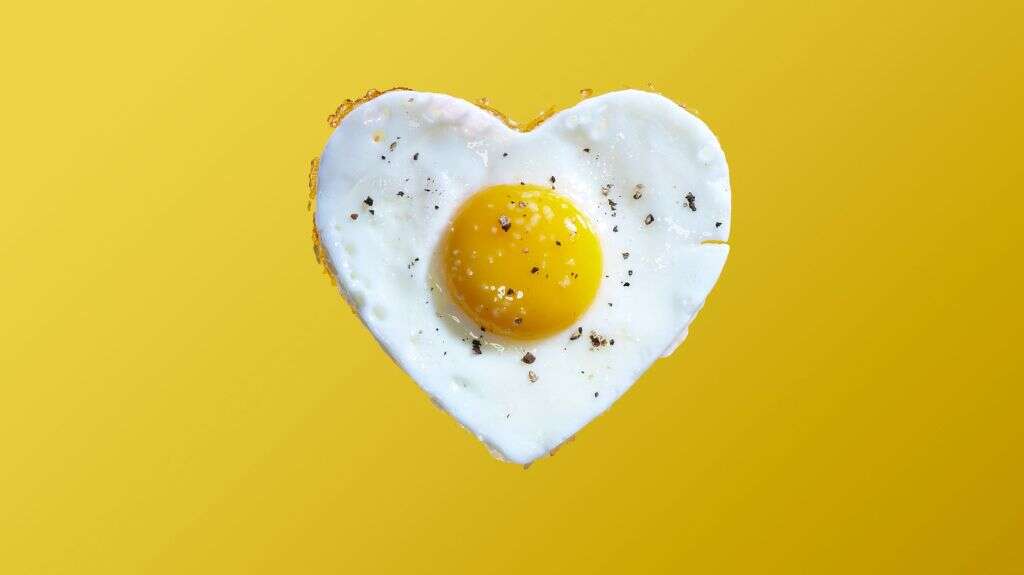
3. Certain Meats
Meat can also be a source of LDLs. Particularly, processed meats like bacon and sausage should be avoided by anyone concerned with consuming unhealthy cholesterol. There are several reasons for this. In the example of sausage, the process used to make the finished product involves sodium nitrate. This substance alone has been connected to a number of cardiovascular conditions. Combined with the added levels of bad cholesterol found in these processed meats, nitrates can make eating sausage regularly a dangerous decision.
This does not mean that a person needs to give up meat entirely to follow a healthier diet. Instead of processed meats, chicken is an excellent alternative. A fantastic source of protein, chicken is also packed with vitamins and minerals like iron and zinc.
4. Cheese
Anyone who loves cheese will be happy to learn that it is considered a sensible option for heart health. In one study, participants were required to eat a diet with more fat than normal while also consuming a certain amount of cheese each day. While eating a fat-rich diet usually causes LDL levels to skyrocket, those who ate cheese did not show any increase in bad cholesterol. When following their normal diets, the addition of cheese also seemed to aid in managing healthy cholesterol levels.
In addition to being useful for maintaining cholesterol levels, cheese is also rich in calcium. The more calcium a person gets in his or her diet, the easier it is to maintain bone strength and integrity. Calcium might also slow or prevent osteoporosis in some individuals. It is important to note that the type of cheese matters. Processed cheese slices are far less healthy than fresh cheese purchased from a charcuterie.

5. Shellfish
Shellfish is another example of foods containing high levels of good cholesterol. Though HDLs are high, most shellfish do not contain much fat. Some of the more common shellfish options include crab, oysters, and shrimp.
According to experts, eating a dish that contains roughly 85 grams of shrimp is enough to get half of your daily recommendation of good cholesterol. Some shellfish also contain taurine, an amino acid that is responsible for aiding the body with managing LDL levels. Beyond providing a dose of good cholesterol, shellfish are also incredibly healthy and contain an array of crucial nutrients.
6. Sweets
Salty foods are not the only group to stay aware of when it comes to cholesterol. Sweets can often be a source of LDLs, especially processed desserts. Cookies and other processed foods purchased from standard grocery stores typically contain ingredients known to raise LDL levels in the body. What’s more, fresh bakery options are not always a better choice. Any baked good that contains shortening can be rich in bad cholesterol. What’s worse, most of these snacks do not contain any helpful nutrients that can be used to power the body or its functions.
Beyond high levels of LDL, processed desserts are also laden with sugar and can lead to unwanted weight gain. Consuming too many sugary products on a regular basis has been linked to long-term health complications, such as diabetes. Some research has also suggested a connection between high-sugar processed sweets and cognitive issues.
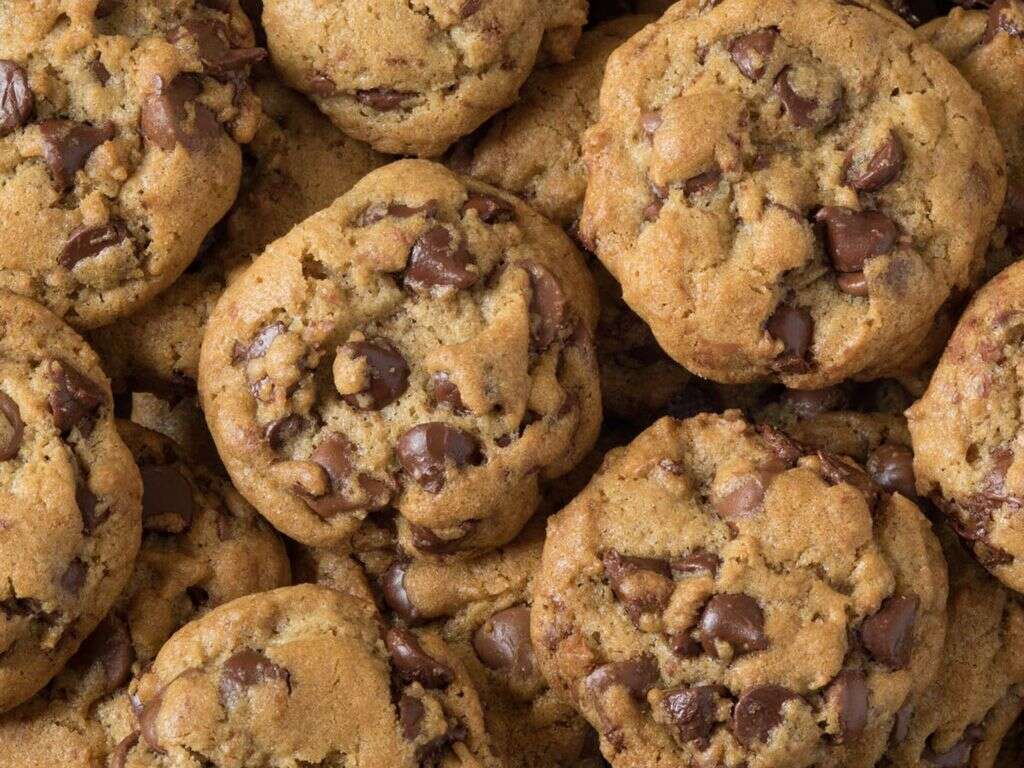
7. Sardines
Seafood is often praised by healthcare professionals because fish tend to contain vital nutrients, minerals, and vitamins. When it comes to cholesterol, sardines are one of the best seafood options. One serving of sardines can provide you with roughly half the recommended daily dose of cholesterol and contains ample amounts of vitamins B12 and D. Sardines are also known to be a great source of omega-3 fatty acids. Health professionals state that regular consumption of omega-3s can yield positive results on cardiovascular and brain health.
Sardines act as a good source of protein and can be a perfect way to enhance a salad, pizza, or pasta. Many nutritionists believe sardines are a superfood, as the average serving will provide the body with healthy doses of calcium, phosphorus, zinc, and selenium. Anecdotally, many people have claimed that sardines can decrease the production of stress hormones like cortisol and adrenaline, which may decrease feelings of depression or anxiety.
8. Fast Food
According to statistics recorded between 2013 and 2018, roughly 36% of Americans reported eating fast food on a daily basis. While convenient and affordably priced, fast food is considered to be some of the unhealthiest meal options available. This is largely in part to how many fast food options are fried in hydrogenated oils. As with processed snacks purchased at the store, fast-food meals fried in these oils can dramatically spike LDL levels. Regular consumption of fast food has been linked to an array of health disorders ranging from diabetes to heart disease.
Naturally, there are some options found at fast-food restaurants that are perfectly fine to eat. Salads without dressing, croutons, or cheese do not contain any fried or processed elements. Similarly, a number of restaurants now offer grilled chicken instead of fried for sandwiches. While cutting out fast food altogether is advisable, making better choices when at the restaurant can also benefit your cholesterol levels.

9. Liver
Interestingly, a number of animal organs are advantageous to include in your diet when you require healthier sources of cholesterol. The livers of certain species are especially known to increase HDLs and aid in clearing the body of unhealthy cholesterol.
What’s more, beef liver is known to be an incredible source of bio available iron, meaning the body has an easier time absorbing it than other forms of the mineral. If liver doesn’t appeal to your tastes, cod liver oil can make a great alternative. Harvested from Atlantic cod, this supplement is packed with omega-3s and HDLs.
10. Yogurt
Most people eat processed foods like chips or cookies when they need a quick snack. Since this can be bad for your heart health, yogurt is a more sensible option when you feel peckish. Fermented dairy products like full-fat yogurt contain heaping doses of healthy cholesterol. Studies have pointed out that eating yogurt regularly may lower a person’s risk for heart attack and stroke. Additionally, yogurt acts as a probiotic and encourages the growth of healthy gut bacteria that aids in normal digestive processes and immune response.
Cholesterol has long been a cause of confusion for many people looking to follow healthier diets. While processed and fried foods heavy in “bad” cholesterol should be avoided, there are a number of excellent sources of “good” cholesterol. Adjusting your daily meals to include options such as shellfish and eggs can have a positive impact on your health. Cholesterol medication or supplements may also help, so be sure to consult with your primary doctor to learn more about the best solutions for your unique health concerns.



